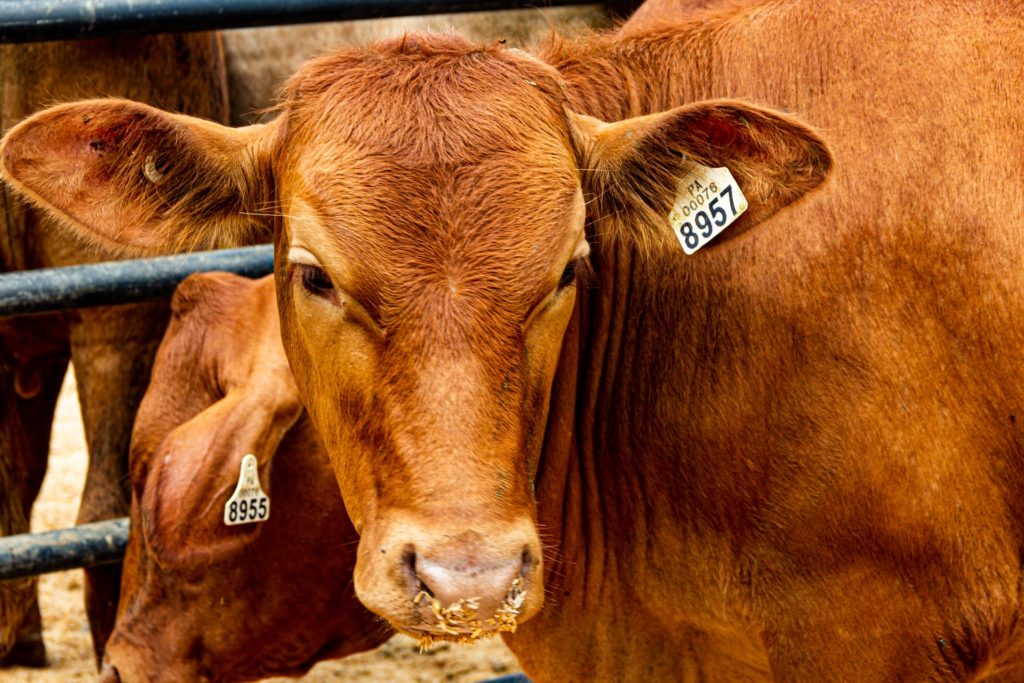Experts are still trying to fathom out how the coronavirus that causes Covid-19 made its disastrous way into the human population, and now a Belgian biologist has warned that a future pandemic could be in the process of being created right now, but much closer to home.
“The chance is real that a new worldwide epidemic could be created in our own part of the world,” Hedwig Leirs, biologist at the University of Antwerp, told the Gazet Van Antwerpen.
“The next pandemic could come from our own pigs, chickens or cows. After all, we live close by our animals, and by each other.”
Tropical areas of the world are still the most likely places for pandemics to start, because of the biodiversity and population density.” Examples include Sika, Ebola and HIV. But that combination is not unique. Western Europe carries its own risks.
“Here we combine three risks: intensive livestock farming, a high population density and, as far as bacterial infections are concerned, a high antibiotic resistance in the herd. Fortunately, the use of antibiotics has declined sharply in recent years.”
In intensive farming, animals like cows, pigs and chickens live in extreme proximity to each other, while farmworkers are in close contact with the animals.
“Most importantly of all, people live very close to each other. The perfect conditions for a virus: circulation in order to mutate, and a roomy playing field to become more infectious.”
Related News
- 'Part of our history': Belgian endives are now Brussels heritage
- Jane Goodall among over 140 scientists calling on EU to end cages in farming
- Major Corona Study now looks at symptoms in house pets
Leirs is interested in infectious diseases, especially those carried by rodents. It’s already happening with Covid-19.
“For example, we know that house mice were not really susceptible to the original variant, but they are for the British variant. Dogs also seem less susceptible than cats. We want to map those species precisely.”
Meanwhile, the world needs to understand that a new pandemic could be on the horizon.
“We should not assume that Covid-19 was our generation's Spanish flu and that we are now a hundred years away from another pandemic,” he said.
"Viruses and their properties are being mapped, early detection and intervention systems are being developed, and drugs and vaccines are being researched that could work against new viruses. Hopefully, the current pandemic, which is ultimately a fairly mild virus compared to Ebola, except for the elderly, will make us realise that preparing for the worst is a useful tactic.”
Alan Hope
The Brussels Times

